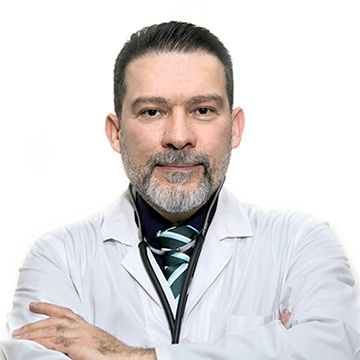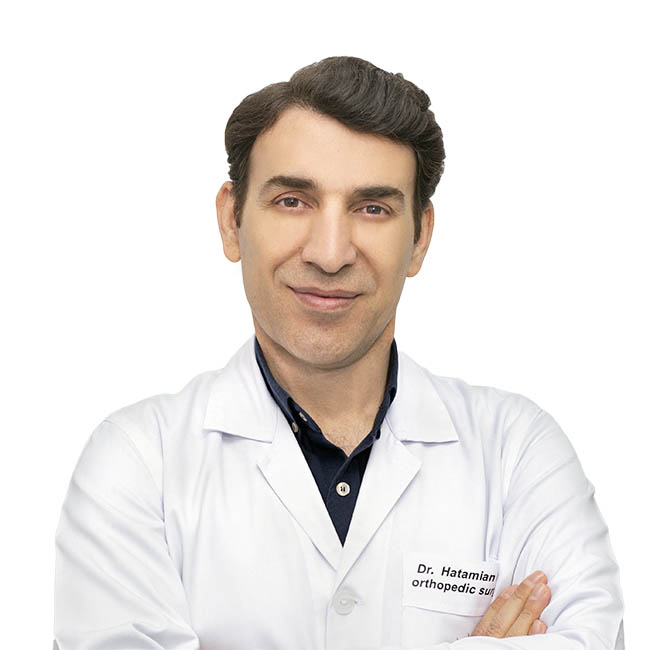Allergy
As an allergy specialist, I can explain that an allergy is an immune system reaction to harmless substances known as allergens, which can include flowers or certain foods. In most cases, allergies have a hereditary basis. Allergic symptoms in adults can range from mild, such as sneezing, itching, and a runny nose, to severe reactions known as anaphylaxis, which require immediate medical attention.
Various types of allergies exist, including seasonal allergy (hay fever), respiratory allergies, nasal allergy, lung allergy, throat allergy, food allergy, and skin allergy. Each type exhibits distinct symptoms and reactions.
Diagnosis and treatment of allergies involve several approaches:
Identifying and Avoiding Allergens: Knowing one's specific allergens is crucial for avoiding exposure. Skin tests and immuno blood tests can help determine sensitivities.
Traditional Medicine: Traditional remedies like lettuce, coriander, turmeric, eucalyptus oil, nettle leaves, thyme, and black seeds are suggested for allergy management. However, seeking advice from traditional medicine experts is essential.
Home Treatment: Proper nutrition and specific foods like almond milk, barley soup, apples, chamomile tea, and green tea can aid in managing allergies. Saltwater solutions can reduce itching and throat mucus. Using air conditioners and masks with filters during allergy seasons can also help.
Medications: Antihistamines are commonly used to alleviate allergy symptoms. In more severe cases, epinephrine injections, immunotherapy, or desensitization may be prescribed.
It is important to note that most allergies do not have a definitive cure, but various strategies can help alleviate symptoms and improve the quality of life for allergy sufferers. Allergic reactions occur when allergens come into contact with specialized antibodies that attach to mast cells in the body, triggering the release of chemicals that cause allergy symptoms. Management and prevention of allergies involve understanding individual triggers and adopting appropriate treatment strategies under the guidance of a healthcare professional.


